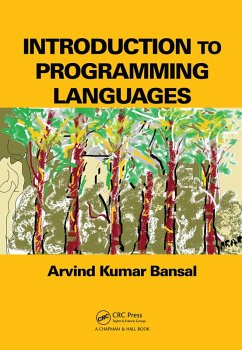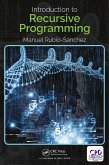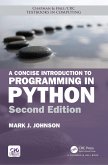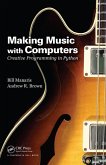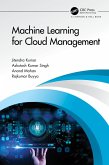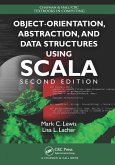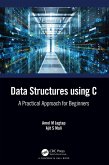Designed for a one-semester undergraduate course, this classroom-tested book separates programming language concepts from the restraints of multiple language syntax by discussing the concepts at an abstract level. The author explains the principles of programming language design and implementation and covers both classical and newer topics, such as concurrent programming constructs and mobile computing models. Along with problems and further reading in each chapter, the text includes in-depth examples and case studies using various languages that help students understand syntax in practical contexts.
Dieser Download kann aus rechtlichen Gründen nur mit Rechnungsadresse in A, B, BG, CY, CZ, D, DK, EW, E, FIN, F, GR, HR, H, IRL, I, LT, L, LR, M, NL, PL, P, R, S, SLO, SK ausgeliefert werden.

